
How to Install ifconfig on Debian
Seeing ifconfig command not found error in Debian? Here's how to install ifconfig command on Debian.
· Abhishek Prakash
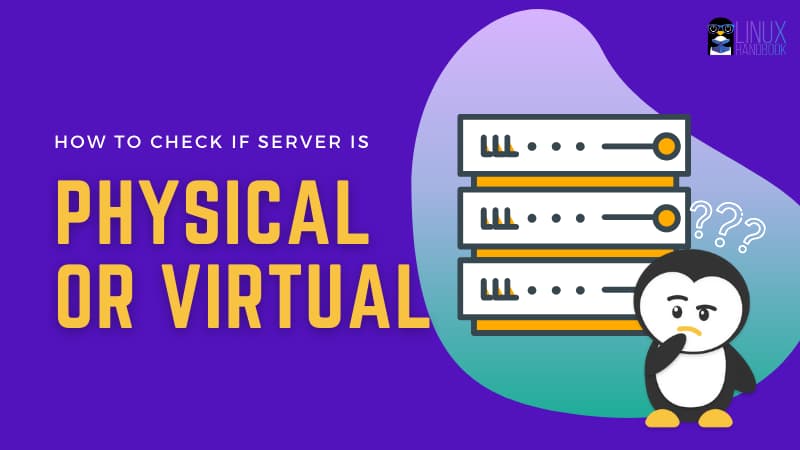
How to Check if Linux System is Running on Physical System or Virtual Machine?
Wondering if your Linux server is a virtual machine or a physical system? Here's how to check it.
· Abhishek Prakash
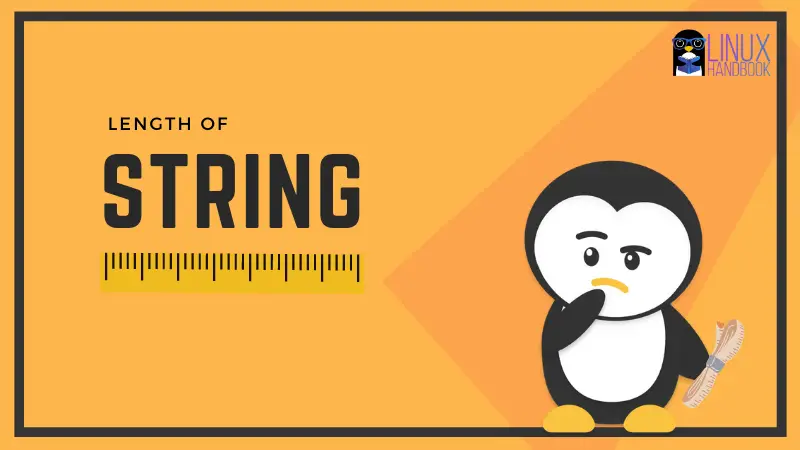
How to Find Length of String in Bash [Quick Tip]
Here are various ways to calculate the length of a string in bash scripts.
· Abhishek Prakash
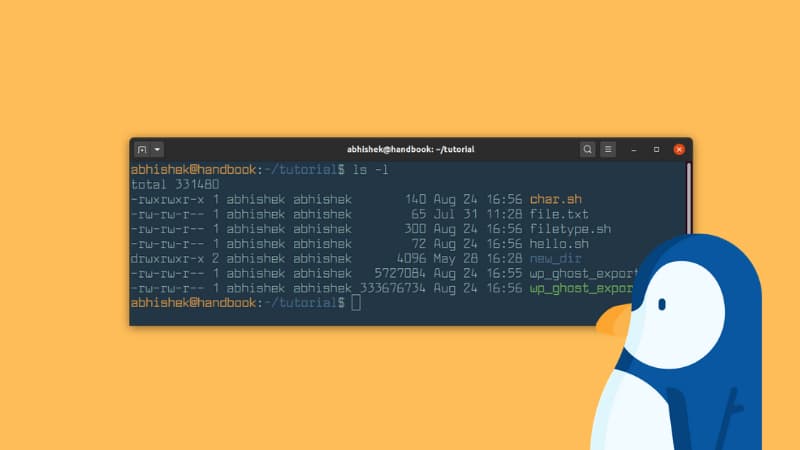
How to Display File Size in Human Readable Format (KB, MB, GB) in Linux Terminal
Quick tip to display file size in Linux using the ls command.
· Abhishek Prakash
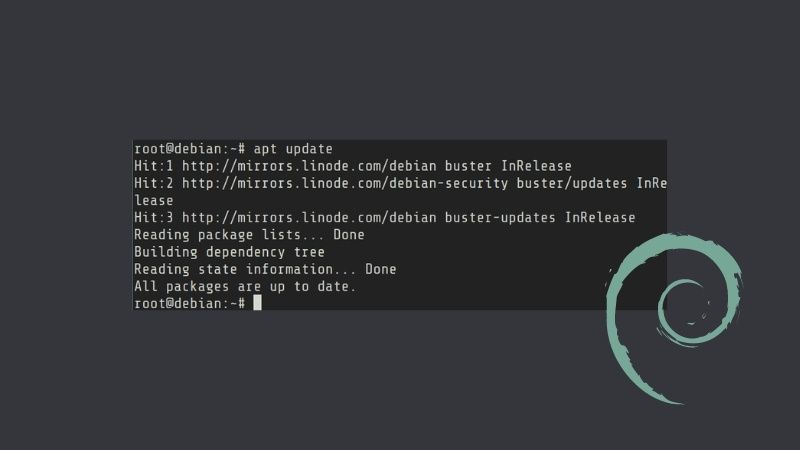
How to Update Debian Linux
Learn to update Debian Linux system in one single command. Yes, it's that easy and straightforward.
· Abhishek Prakash

How to Find Which Linux Version You Are Running
Logged in on a Linux system via SSH and wondering which Linux distribution is it? Here's how to check the Linux version.
· Abhishek Prakash

How to Display Specific Lines of a File in Linux Command Line
Here are several ways to display specific lines of a file in Linux command line.
· Abhishek Prakash
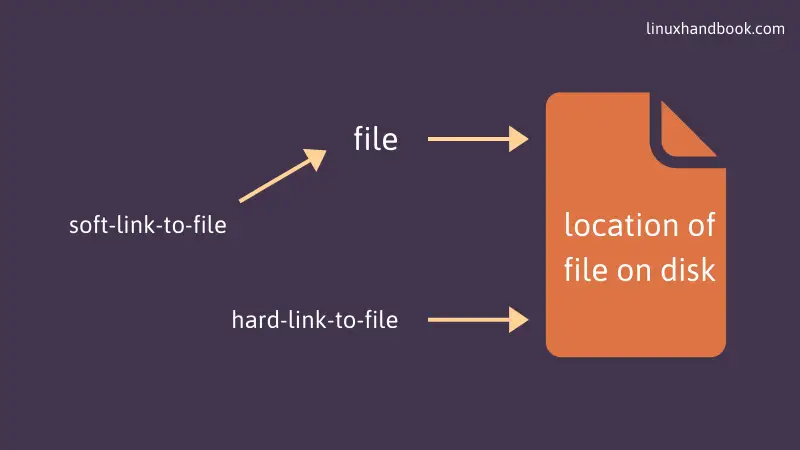
ln Command Examples
Links are one of the essential part of the Linux filesystem. Learn how to create links using ln command in this tutorial.
· Abhishek Prakash

How to Change the Default SSH Port in Linux [Properly and Safely]
Changing the default SSH port is one of the several ways to enhance SSH server security. Learn how to do it properly and safely.
· Abhishek Prakash

How to List Systemd Services in Linux
Check what systemd services run on your Linux system in this tutorial.
· Abhishek Prakash

How to List Docker Containers
Learn how to see running containers, stopped containers or all the docker containers on your system.
· Abhishek Prakash

Beginner's Guide to Analyzing Logs in Linux With journalctl Command
Beginner's guide to using journalctl commands for viewing, filtering and analyzing journal logs in Linux.
· Abhishek Prakash

id Command Examples
Every user in Linux has a unique, numeric user ID and a default group with a unique numeric group ID. The id command prints this information.
· Abhishek Prakash
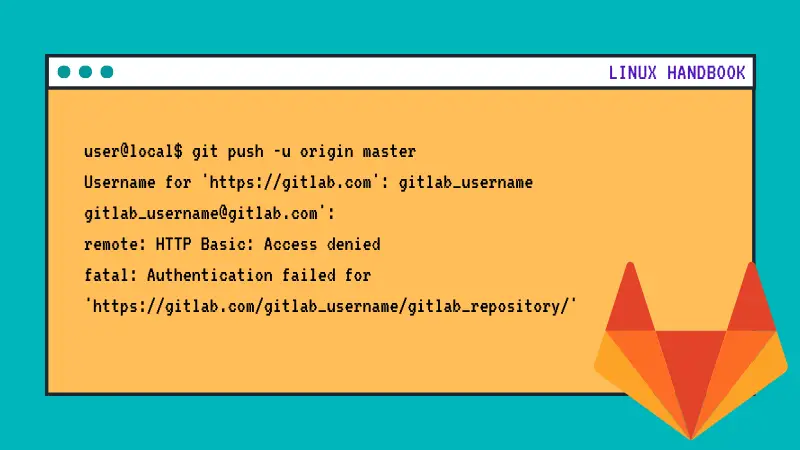
Fixing "HTTP Basic: Access Denied" and "Fatal Authentication Failure" Error With GitLab
Trying to push code changes to remote GitLab repository but it generates authentication error? Here's why it happens and how to fix it.
· Abhishek Prakash
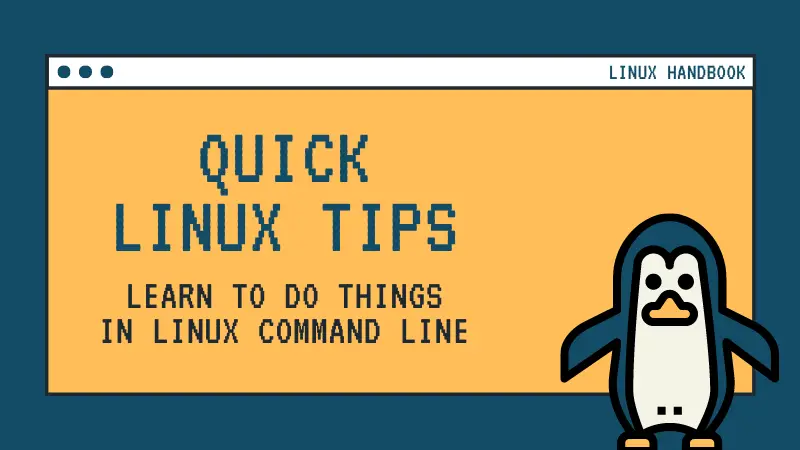
How to Replace All Occurrences of a Word in All Files in Linux Command Line
Consider a scenario where you have to find all occurrences of a certain text and then replace it with another in all the files. Here's how to do that in Linux command line.
· Abhishek Prakash
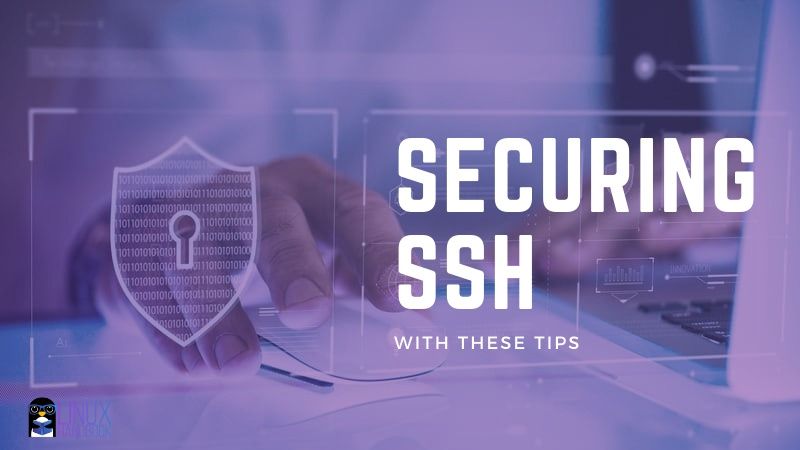
10 Actionable SSH Hardening Tips to Secure Your Linux Server
Worried about the security of your Linux server? Learn some easy to implement tips on securing SSH and make your Linux server more secure.
· Abhishek Prakash
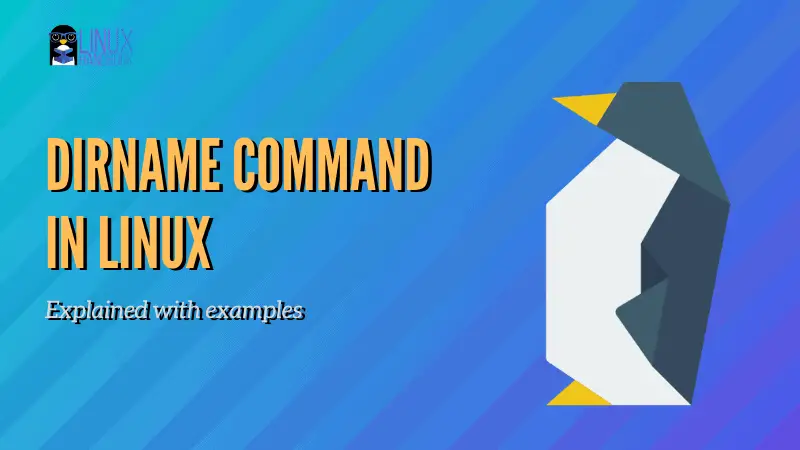
Using Linux Dirname Command in Bash Scripts
The dirname command in Linux extracts the directory path from a file path. Learn some practical examples of using dirname command in bash scripts.
· Abhishek Prakash
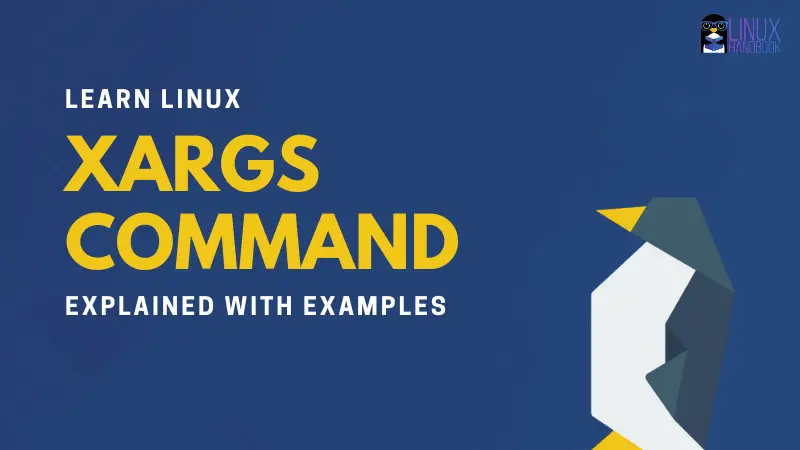
xargs Command Examples
xargs is one of the most powerful commands in Linux. In this tutorial, you'll learn to use xargs command with some practical and useful examples.
· Abhishek Prakash
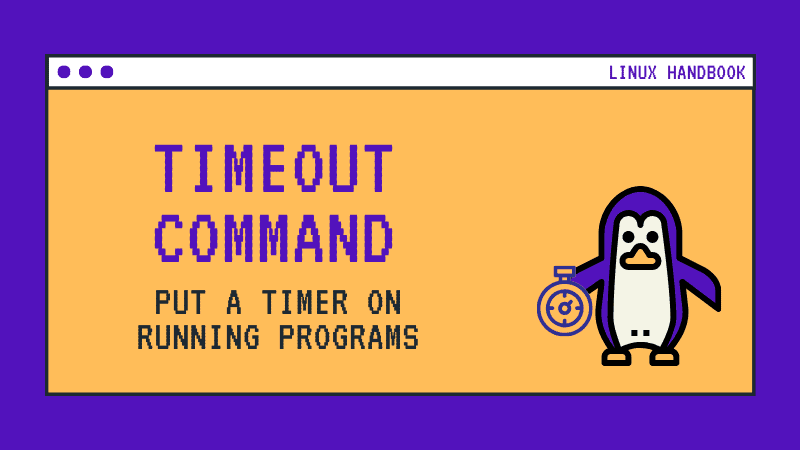
Put a Timer on Your Running Commands With Timeout Command in Linux
With the timeout command you can set a time limit on running other commands and programs. If the program runs longer than the set limit, timeout kills it. Learn how to use it.
· Abhishek Prakash

mkdir Command Examples
mkdir is one of the essential Linux commands that every Linux user should know. You can create new directories using mkdir.
· Abhishek Prakash

Use SSH Config File to Manage SSH Connections to Various Remote Servers
Using SSH profiles can help you in cases where you regularly connect to various servers. No need to remember the IP address and other such details for SSH connection.
· Abhishek Prakash
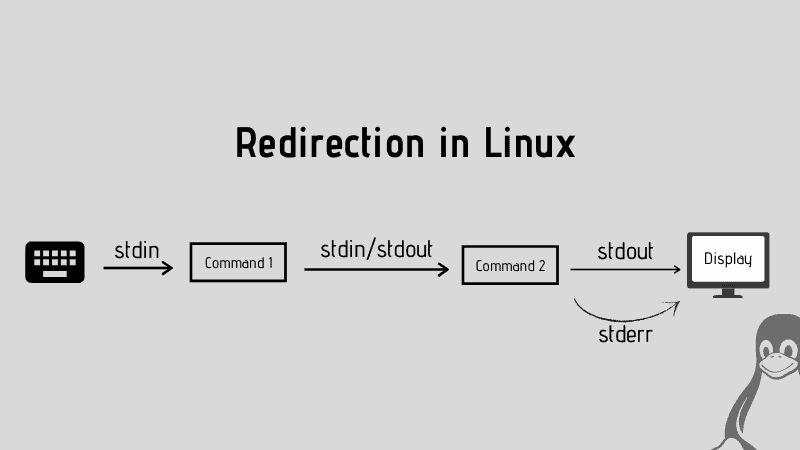
Explained: Input, Output and Error Redirection in Linux
Redirection is an essential concept in Linux. Learn how to use stdin, stdout, stderr and pipe redirection in Linux command line.
· Abhishek Prakash

How to Upgrade Ubuntu Server to 20.04 from 18.04
This step by step guide shows how to upgrade Ubuntu 18.04 LTS server to 20.04 LTS over an SSH connection or otherwise.
· Abhishek Prakash
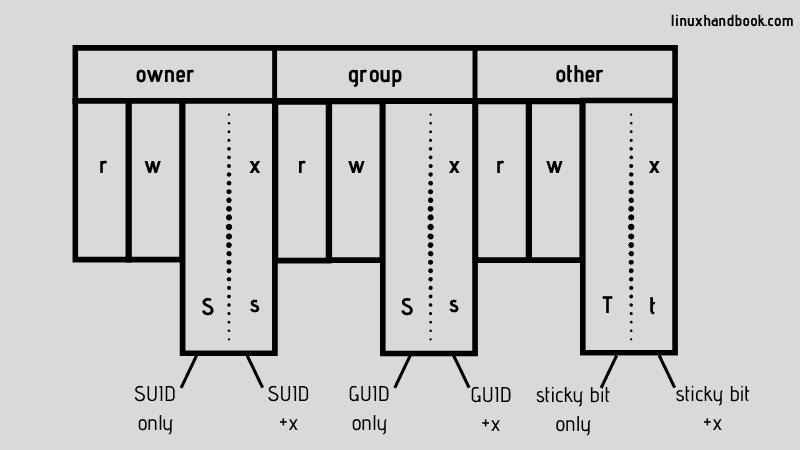
Special File Permissions in Linux: SUID, GUID and Sticky Bit
You see an s instead of x in the file permissions? Linux has some special file permissions called SUID, GUID and Sticky Bit. Know more about them.
· Abhishek Prakash

How to Reboot Linux Using Command Line
Here are various ways to reboot a Linux system from the command line.
· Abhishek Prakash
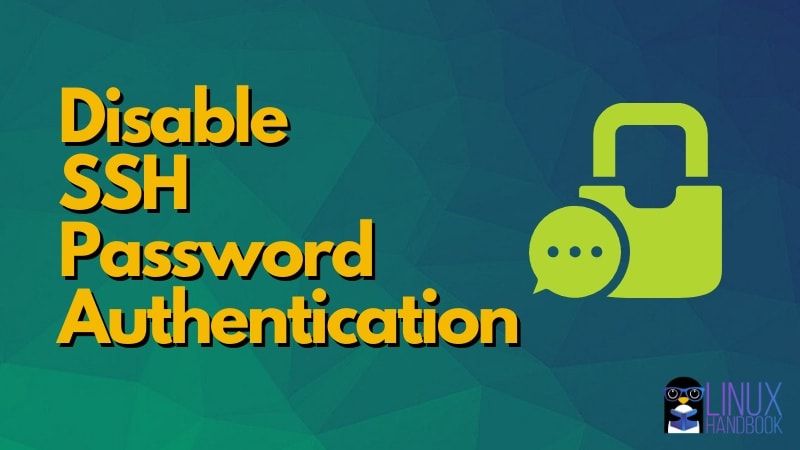
How to Disable SSH Login With Password
One of the basic SSH hardening step is to disable password based SSH login. This reduces the risk of a brute force attack on your Linux server.
· Abhishek Prakash

Checking Spellings in Linux Command Line
Linux command line is versatile. There are commands that can be used to perform spellcheck and find out misspelled words. Here's how!
· Abhishek Prakash

Group Management Commands in Linux
Group is an essential part of Linux system management and security. Check out various commands that you can use for managing groups in Linux.
· Abhishek Prakash

How to Exit a Docker Container
This quick little docker tip shows how to exit a docker container.
· Abhishek Prakash
![How to Remove User From Group in Linux [Quick Tip]](/content/images/size/w1600/2020/06/remove-user-from-group.jpg)
How to Remove User From Group in Linux [Quick Tip]
Learn how to remove a user from a specific group in Linux command line.
· Abhishek Prakash
